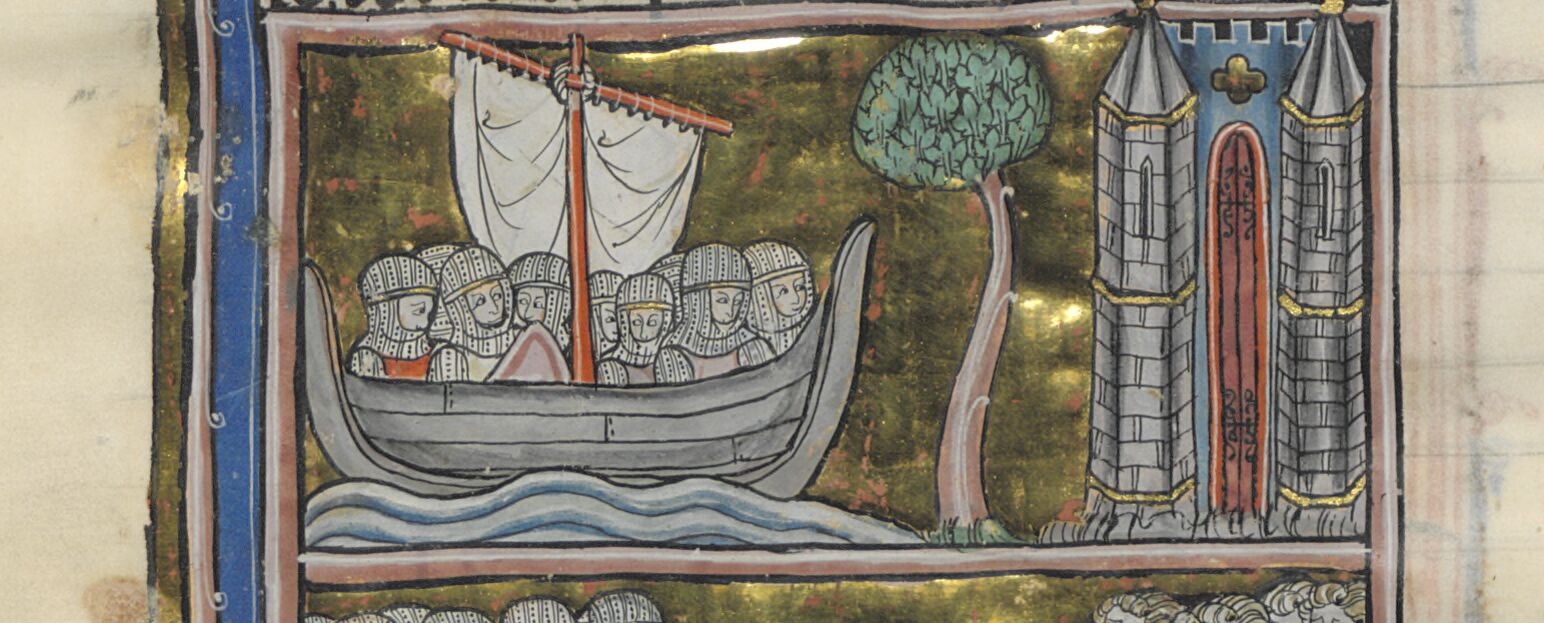Mike Kestemont, Folgert Karsdorp, Jean-Baptiste Camps, Remco Sleiderink, Anne Chao
Saved in translation? Diversity shared in French and Dutch medieval literature
Over the past millennium, each of the three centuries of most rapid demographic growth in the West coincided with the diffusion of a new communications technology. This paper examines the hypothesis of Harold Innis (1894—1952) that there is two-way feedback between such innovations and economic growth. First, detailed historical evidence is studied. Second, Innis’s ideas are translated into a formal growth model. Finally, the model is simulated and its predictions compared with historical data. The results suggest a technological explanation for the long cycles of the period 1000—1975 and for the puzzling productivity growth slowdown in industrialized countries after 1975.
